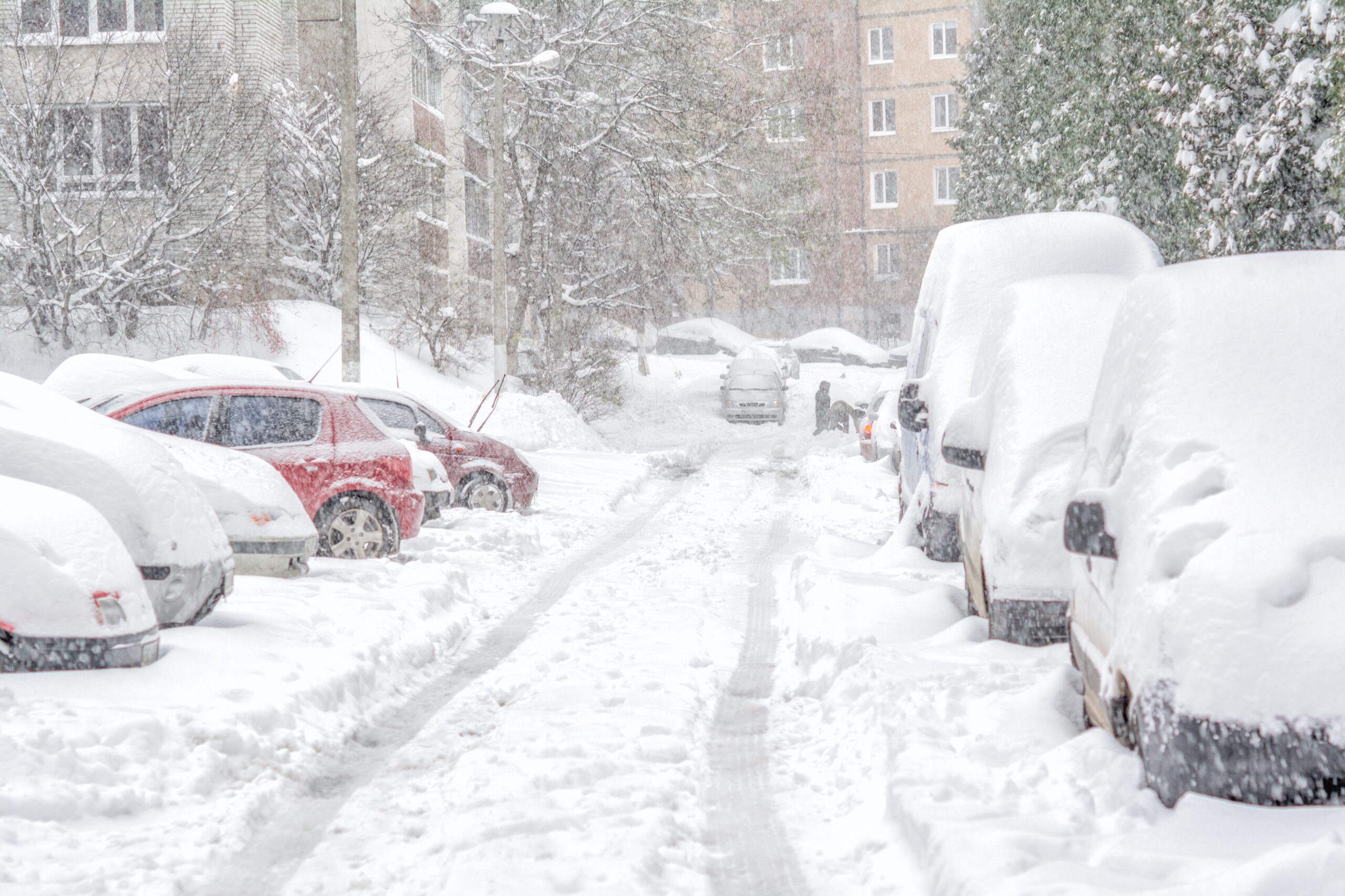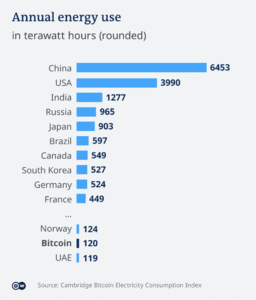If you live on the northern east coast, you’re very familiar with the intense weather swings that occur throughout the year. Blizzards, hurricanes and tropical storms are frequent visitors.
And oftentimes during the winter months, a mix of cold air from the Arctic collides with warm air from the oceanic Gulf Stream can create what is known as a nor’easter.
A nor’easter is an intense storm that combines frigid temperatures, coastal flooding, hurricane-force winds, blizzard conditions and tornadoes. But did you know, the nor’easter, like the one many east coast residents experienced this past weekend, can also have a huge impact on gas rates.
While various factors can affect natural gas prices, increased consumer demand is most often a result of severe weather events. Net effect on gas rates could be volatile and, coupled with cold weather, we are very likely to see higher rates as the demand rises and supply decreases.
There are a number of things you can do to prepare your home or business before extreme weather happens, but here are a few things you can do to help right now:
- Adjust your thermostat – Keep a lower average air temperature and set your thermostat between 7-10 degrees cooler when your home of office is unoccupied. According to the U.S. Department of Energy, this can reduce your annual as bill by as much as 10%.
- Lower your water heater temperature – According to the U.S. Department of Energy, many manufacturers set water heaters to 140 degrees but most homes only require a setting of about 120 degrees. Watch this video to see how to adjust your tank.
- Reduce your cooking temperature – If you have a gas range, you could help reduce your overall natural gas consumption by simply lowering the level of flame that you use while cooking.
For more information on natural gas energy savings for your home or business, contact us at info@brilliantsourceenergy.com.
"*" indicates required fields






